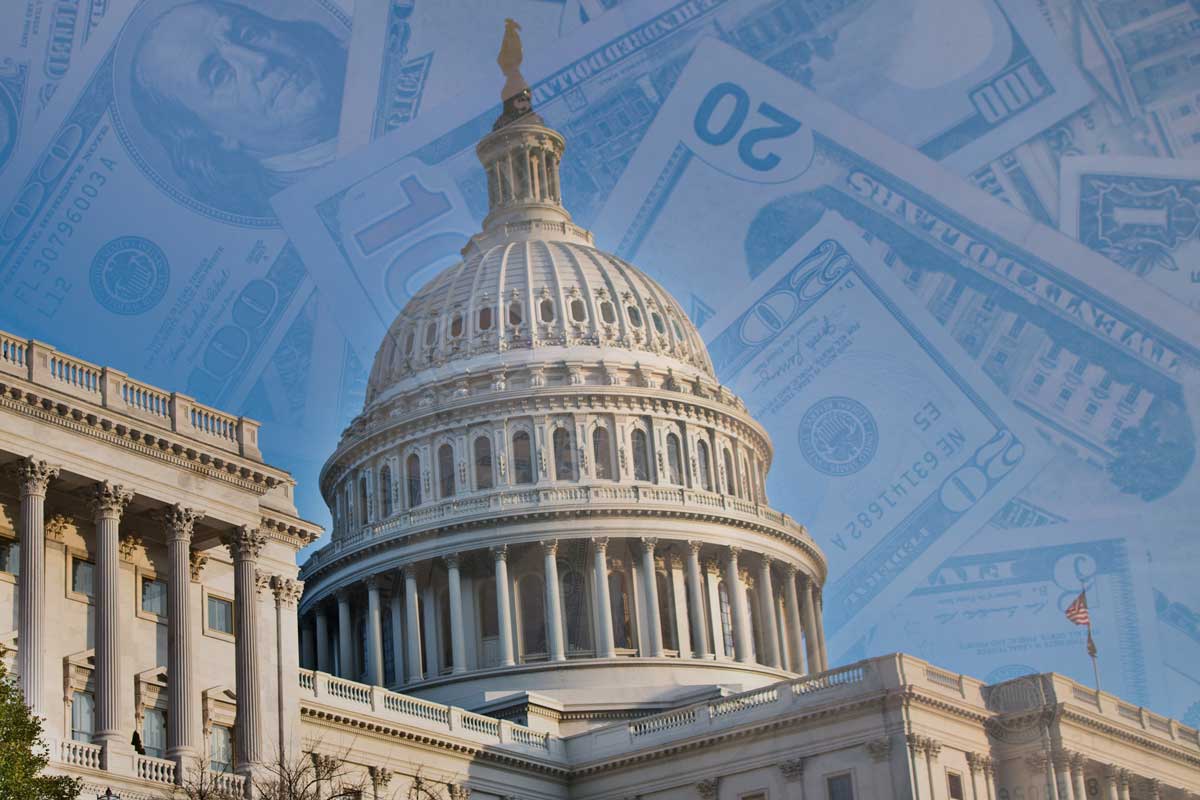This memorandum provides an example of how a group of local governments, corporations, and organizations can form a partnership, aggregate buying power, and procure renewable energy together at economies of scale for off-site electricity purchases.
Memorandum of Forming An Aggregated Renewables Procurement Group: Example of Melbourne, Australia




